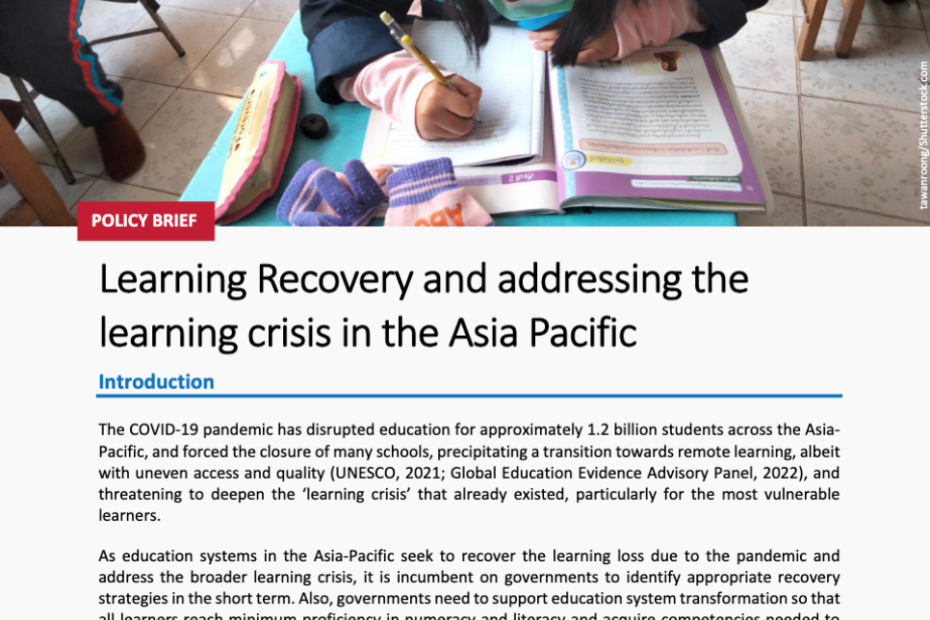
The COVID-19 pandemic has disrupted education for approximately 1.2 billion students across the Asia-Pacific, and forced the closure of many schools, precipitating a transition towards remote learning, albeit with uneven access and quality, and threatening to deepen the ‘learning crisis’ that already existed, particularly for the most vulnerable learners.
As education systems in the Asia-Pacific seek to recover the learning loss due to the pandemic and address the broader learning crisis, it is incumbent on governments to identify appropriate recovery strategies in the short term. Also, governments need to support education system transformation so that all learners reach minimum proficiency in numeracy and literacy and acquire competencies needed to fulfil their potential –personal, social and economic. Learning recovery strategies will differ across the region, not the least because schools were fully or partially closed for different lengths of time -for example, India (82 weeks), Indonesia (77 weeks), and Bangladesh (73 weeks). Other countries saw shorter closures, such as: Vanuatu (4 weeks), Papua New Guinea (6 weeks), and the Solomon Islands (7 weeks). The examples provided in this brief draw from a range of countries that were fully or partially closed for different durations during the response and recovery phases of the pandemic.
Author(s): UNESCO Office Bangkok and Regional Bureau for Education in Asia and the Pacific (UNESCO Bangkok)
Year Published: 2022
Language: English
Country: Thailand
Download: https://neqmap.bangkok.unesco.org/wp-content/uploads/2022/11/381978eng.pdf


